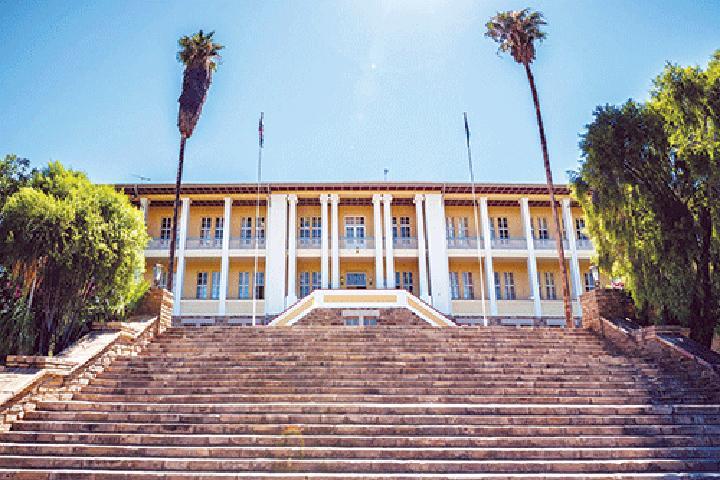Africa-Press – Namibia. The National Assembly will next week resume heated deliberations on whether Namibia should lower the voting age from 18 to 16 – a proposal that has divided political leaders, analysts, and the public.
The motion, spearheaded by Affirmative Repositioning (AR) parliamentarian Tuhafeni Kalola, argues that 16-year-olds already shoulder important civic responsibilities and should, therefore, not be excluded from participating in elections.
Kalola’s stance has drawn strong backing from AR leader Job Amupanda, the Swapo Party Youth League, and Landless People’s Movement (LPM) youth leader MP Duminga Ndala. Political analysts, including Ndumba Kamwanyah and Graham Hopwood of the Institute for Public Policy Research (IPPR), also support the proposal, saying it could boost democratic participation and nurture a culture of early civic engagement.
“Giving younger Namibians the right to vote would help raise a generation of citizens deeply rooted in democratic values,” they argue.
However, critics remain wary. Senior lawyer Richard Metcalfe has warned that lowering the voting age could rob teenagers of their formative years, while some community voices fear that 16-year-olds may be more vulnerable to external influence. Opponents are also expected to highlight Namibia’s constitutional history, noting that the voting age of 18 was deliberately chosen as a measure of civic maturity.
The proposal to enfranchise 16-year-olds will be debated alongside two other key electoral reform motions: a call to harmonise all elections into a single event and a post-election review of the 2024 Presidential and National Assembly polls.
The Electoral Commission of Namibia’s (ECN) official post-election report, tabled earlier this year by Deputy Speaker Phillipus Katamelo, will return to the floor tomorrow. The document outlines successes and shortcomings in last year’s polls and makes recommendations for future improvements.
Meanwhile, AR MP Vaino Hangula has proposed that Namibia hold all elections – Presidential, National Assembly, Regional Councils, and Local Authorities – on the same day every five years. Proponents argue this would slash costs, streamline administration, and improve turnout. Namibia currently spends more than N$500 million per election, totalling over N$1 billion every five years.
As debates resume, analysts believe the decision on whether to lower the voting age could have the most far-reaching implications for Namibia’s democracy. While no immediate resolution is expected, the discussions will set the tone for electoral reforms that touch on youth participation, cost efficiency, and the integrity of the democratic process.
For More News And Analysis About Namibia Follow Africa-Press






